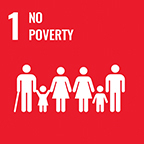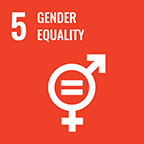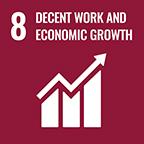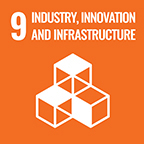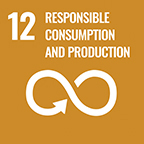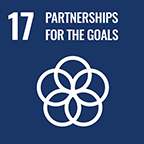MARKETS AND FINANCIAL INSTITUTIONS EMBRACE
A BROADER CONCEPT OF VALUE
- Widespread recognition emerges across the financial system that in addition to financial capital, there are other categories of value that society and institutions within society, benefit from (including natural, social and relationship, human, intellectual, and manufactured capital).
- Approaches to categorizing and recognizing wider concepts of true value are further developed and mainstreamed. Accounting and valuation practices evolve to fully support the integration of these multiple sources of capital.
- Professional education for financial analysts, treasury, risk management, insurance, and investment management increasingly integrate a multi-capital approach.







